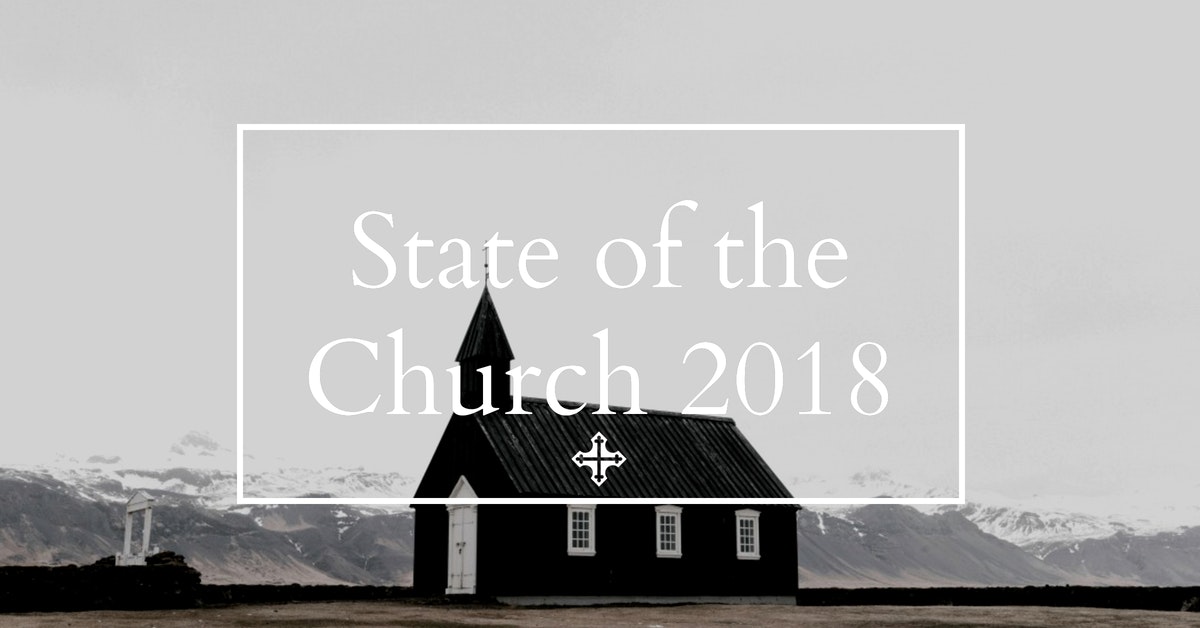“At thy right hand there are pleasures for evermore” (Ps. 16:11).
“And the third angel followed them, saying with a loud voice, If any man worship the beast and his image, and receive his mark in his forehead, or in his hand, The same shall drink of the wine of the wrath of God, which is poured out without mixture into the cup of his indignation; and he shall be tormented with fire and brimstone in the presence of the holy angels, and in the presence of the Lamb: And the smoke of their torment ascendeth up for ever and ever: and they have no rest day nor night, who worship the beast and his image, and whosoever receiveth the mark of his name. Here is the patience of the saints: here are they that keep the commandments of God, and the faith of Jesus” (Rev. 14:9–12).
A third angel arrives and delivers his warning in a loud voice. This warning concerns anyone who worships the beast and/or the image of the beast. This would be done by receiving the mark of the beast on the forehead or on the hand. Taking such a mark is an indication of total dedication, total allegiance. That being the case, God’s response to this impudence is total judgment.
We saw earlier that those who refused this mark were denied the privilege of buying and selling (Rev. 13:17). But those who take the mark are given the wine of the wrath of God to drink. It is the wine of wrath (thymos), and it is poured into the cup of wrath (orge), and it is poured in an unmixed form into the cup they must drink from. In this life, the wrath of God is revealed against the ungodliness of men (Rom. 1:18), but in this life it is always mixed with common grace. The ancients used to dilute wine with water in order to “cut” it, and they also used to add spices to their wine in order to increase the kick. The two words used here refer to both practices, one in reverse. This wine is mingled with spices and unmixed with water. It is a hard drink.
